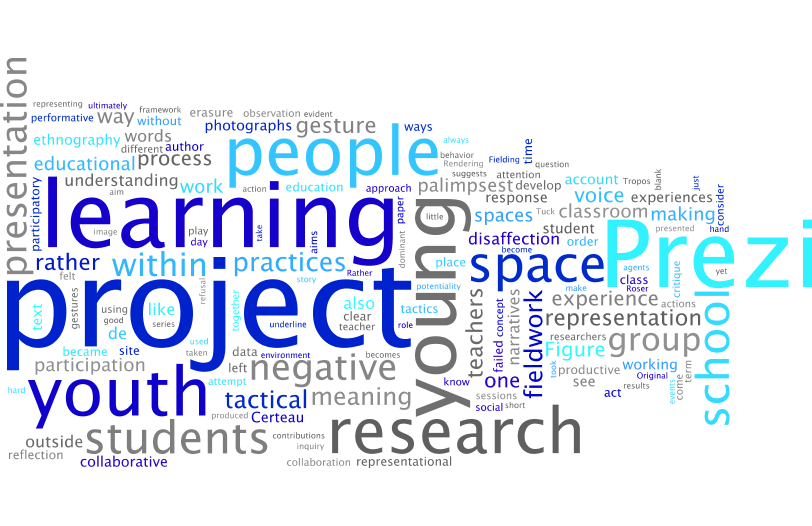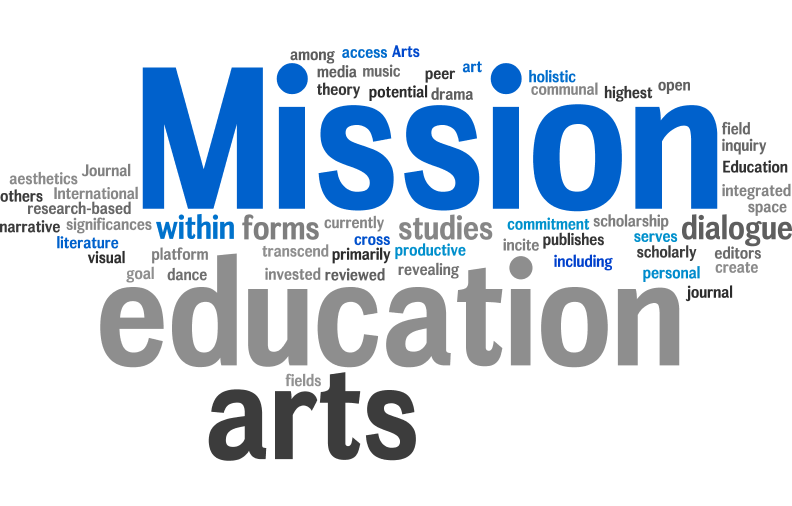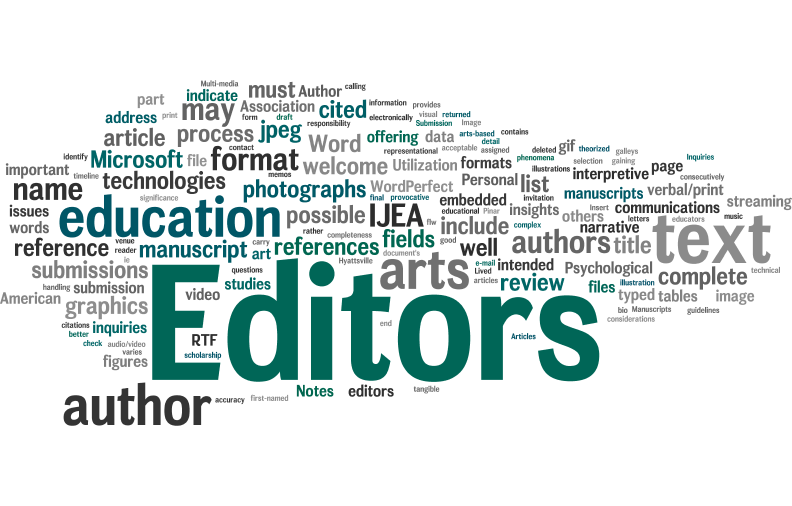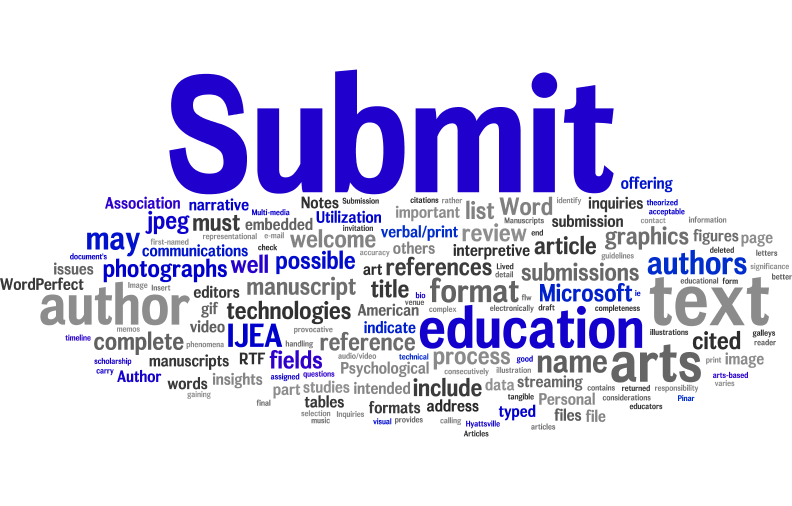| Volume 18 Number 33 | August 25, 2017 |
Resignifying the Negative Space: Troubling the Representation of Learning
Rachel Fendler
Florida State University, USA
Citation: Fendler, R. (2017). Resignifying the negative space: Revisiting the representation of learning. International Journal of Education & the Arts, 18(33). Retrieved from http://www.ijea.org/v18n33/.
Abstract
Informed by the results of a collaborative project carried out with six secondary school students, this paper reflects on the methodological and epistemological issues related to the representation of informal learning practices. Borrowing a concept from the arts, I suggest that a representationalist logic in both schooling and educational research contexts can produce a negative space, a data site composed of practices, gestures and experiences that are rendered invisible within dominant narratives on learning. In an attempt to revisit and resignify the negative space of my fieldwork, I use Michel de Certeau’s theory on tactics in an attempt to rethink youth participation. Finally, I explore how an arts-informed approach to educational ethnography can account for learning that falls outside the realm of assessment, tracing a connection between artistic modes of knowing, research practice, and the performance of learning as gesture.
Visual Abstract




